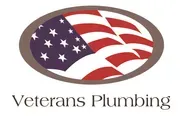Leaky Truths: Uncovering the Real Answers to Your Burning Plumbing Questions
Plumbing remains one of the most misunderstood aspects of home maintenance. Whether it’s the midnight drip of a leaky faucet or the sudden terror of a burst pipe, plumbing issues can cause a lot of stress. However, much of the dread surrounding plumbing is based on myths and misconceptions. This post will not only answer some common plumbing questions but also debunk popular myths, giving you a clearer understanding and maybe even saving you from a future plumbing catastrophe.
Understanding Your Plumbing System
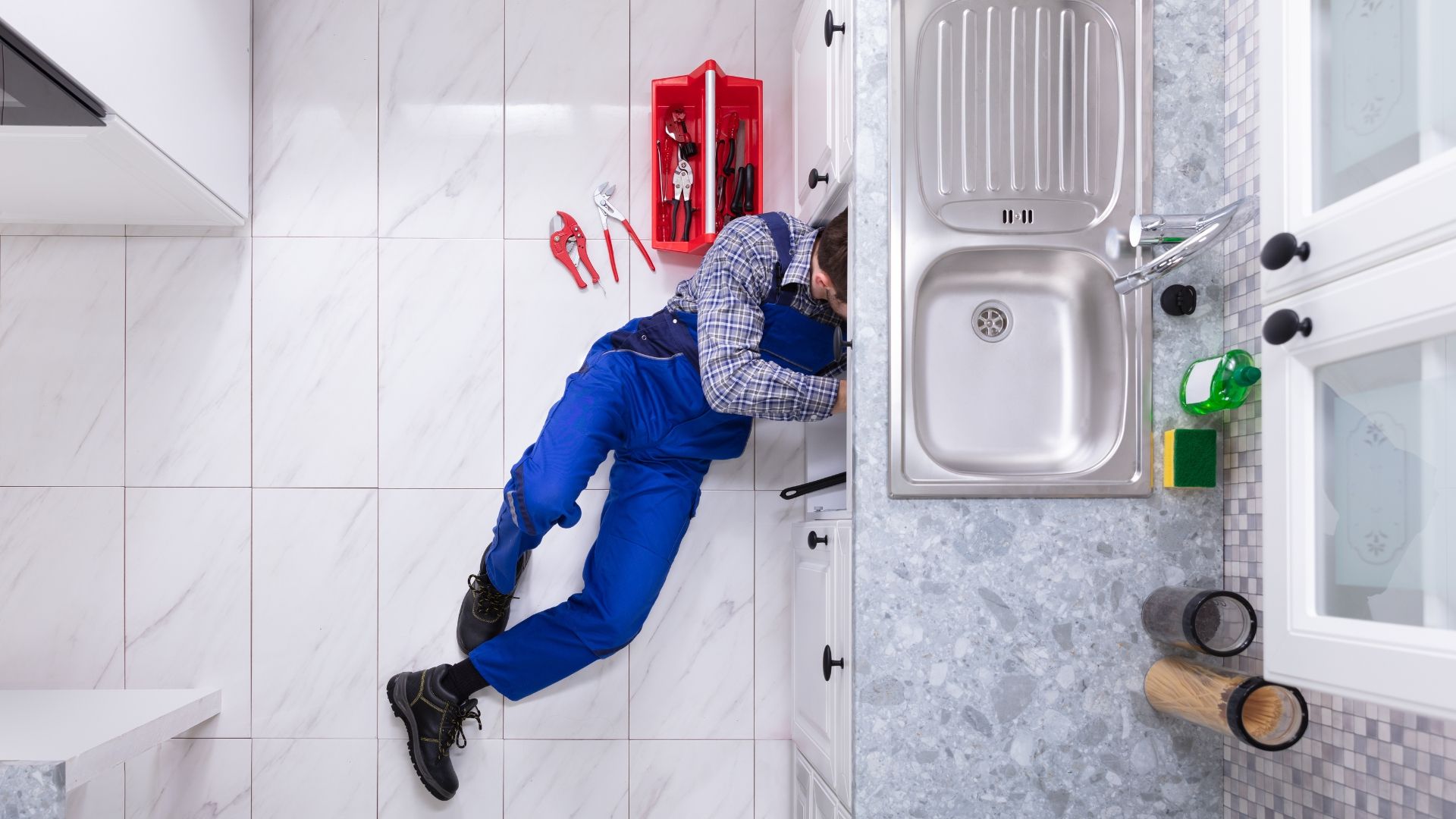
What’s really going on with your water pressure?
Many homeowners believe that low water pressure is just an inconvenience you have to live with or a simple fix that anyone can manage. However, low water pressure can sometimes point to more serious issues, like pipe corrosion or hidden leaks.
On a job last summer, we discovered that what the homeowner thought was just "annoying low pressure" was actually a leak in an old section of galvanized piping that had gone unnoticed, slowly causing damage to the home's foundation.
Is it a simple clog or something more sinister?
Another question often asked is whether all drain clogs can be cleared with a plunger or a store-bought chemical cleaner. While minor blockages can often be resolved with these methods, they’re not a fix-all solution.
For instance, if you’re frequently dealing with clogs, it might indicate improper pipe installation or even tree roots intruding into sewer lines. I recall a particular instance where a "simple clog" turned out to be a tree root invasion, which required a complete overhaul of the home’s sewage system—a costly and extensive procedure.
Why does my plumbing make noise?
If you've ever been startled by banging, whistling, or gurgling sounds coming from your plumbing, you're not alone. These noises can be signs of what plumbers call "water hammer" (pressure shocks), loose fittings, or even air bubbles in your pipes. It's essential not to ignore these sounds as they can indicate potential problems that might require adjustments in your pipe's support system or pressure settings.
Can hard water cause plumbing issues?
Absolutely! Hard water, which is high in minerals like calcium and magnesium, can lead to scale buildup inside your pipes and water heaters, reducing efficiency and eventually causing damage. In one case, a client had to replace their entire water heater prematurely because the scale buildup had become so severe that it was beyond repair. Installing a water softener can prevent these issues and extend the lifespan of your plumbing appliances.
Is routine maintenance really necessary?
This is a crucial question, especially since many people overlook the importance of regular plumbing inspections. Routine maintenance not only helps in identifying potential problems before they become severe but also ensures that your plumbing system operates efficiently. Last year, during a routine check-up, we identified a small leak in a bathroom fixture that could have led to significant water damage over time. Early detection and repair saved the homeowner from a potentially expensive and disruptive repair job.
Common Myths Debunked
Myth 1: A leaky faucet isn’t a big deal
Many people ignore a dripping faucet, dismissing it as just a minor annoyance. However, besides the nuisance and the wastage of water, a leaky faucet can also be symptomatic of a larger issue, like high water pressure or a deteriorating faucet mechanism. In fact, a dripping faucet can waste more than 3,000 gallons of water per year! Fixing a leak promptly not only saves water but can prevent more significant damages down the line.
Myth 2: Flushable wipes are safe for your plumbing
Despite what packaging might promise, flushable wipes are a plumber’s nightmare. Unlike toilet paper, these wipes don’t disintegrate quickly enough to safely pass through your plumbing system. They can clump together, causing severe blockages. In one of the more memorable jobs, we spent several hours removing a wad of flushable wipes from an apartment complex’s main sewer line, an expensive fix that could have been easily avoided.
Myth 3: Automatic toilet bowl cleaners are the key to effortless maintenance
It's tempting to use those automatic toilet bowl cleaners that promise a perpetually spotless toilet without the scrubbing. However, while convenient, these cleaners can sometimes cause more problems than they solve. The chemicals contained in these products can deteriorate the rubber seals and other components inside your toilet tank, leading to leaks and water damage over time.
Myth 4: All plumbers are the same, so go with the cheapest option
This myth can lead to significant plumbing disasters. Not all plumbers have the same level of expertise, certification, or commitment to quality. Choosing a plumber because they offer the lowest quote can end up costing more in the long run if the work isn't done correctly. A client learned this the hard way after a poorly installed water heater led to water damage and mold. Always verify the credentials and reputation of a plumber or plumbing service before hiring.
Empowered and Informed: Taking Control of Your Plumbing Health
Understanding the basics of your home’s plumbing and knowing the facts can make a significant difference in how you manage and maintain it. By debunking common myths and addressing frequent questions with factual information, you become better equipped to handle minor issues and recognize when professional help is needed.
Blog
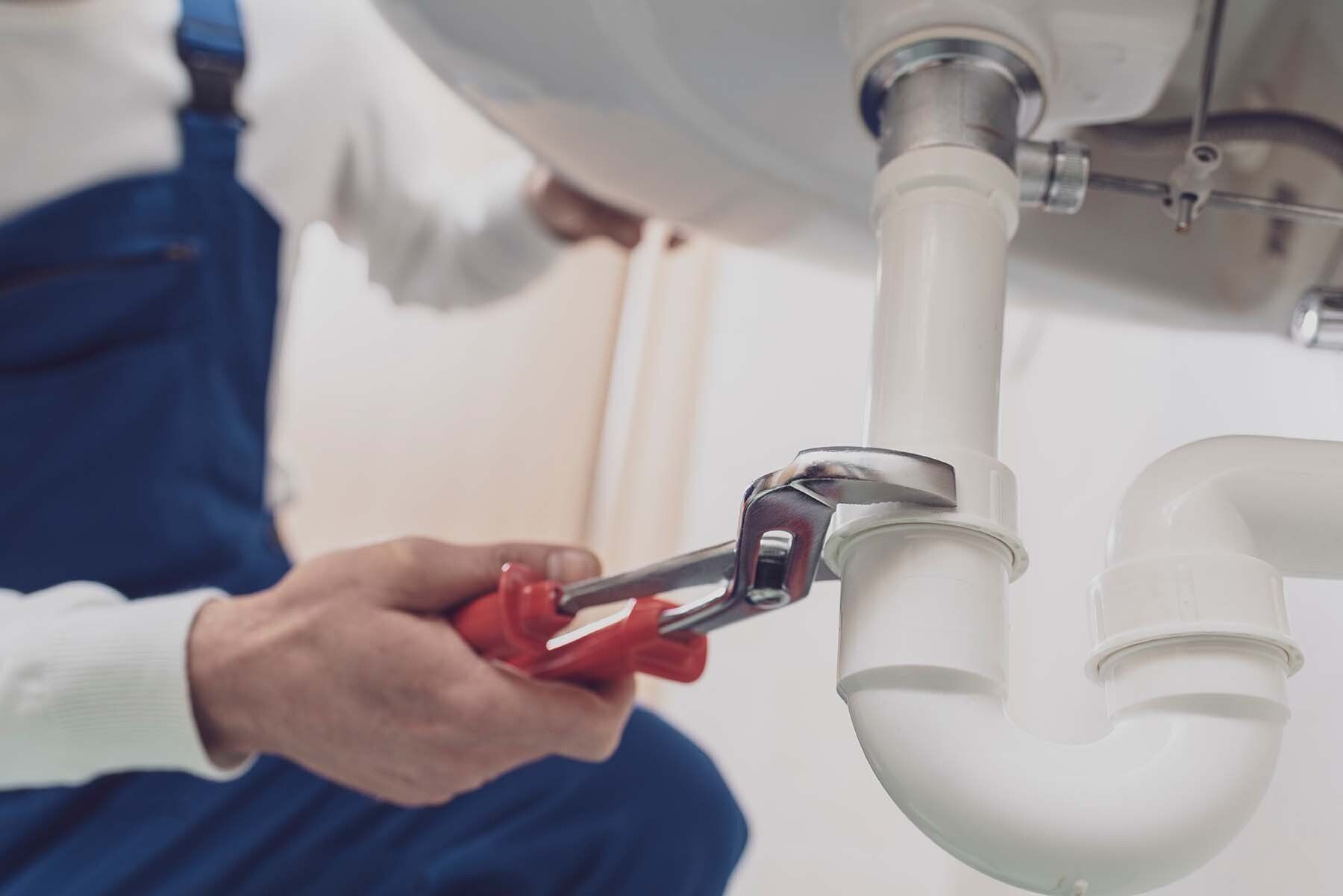
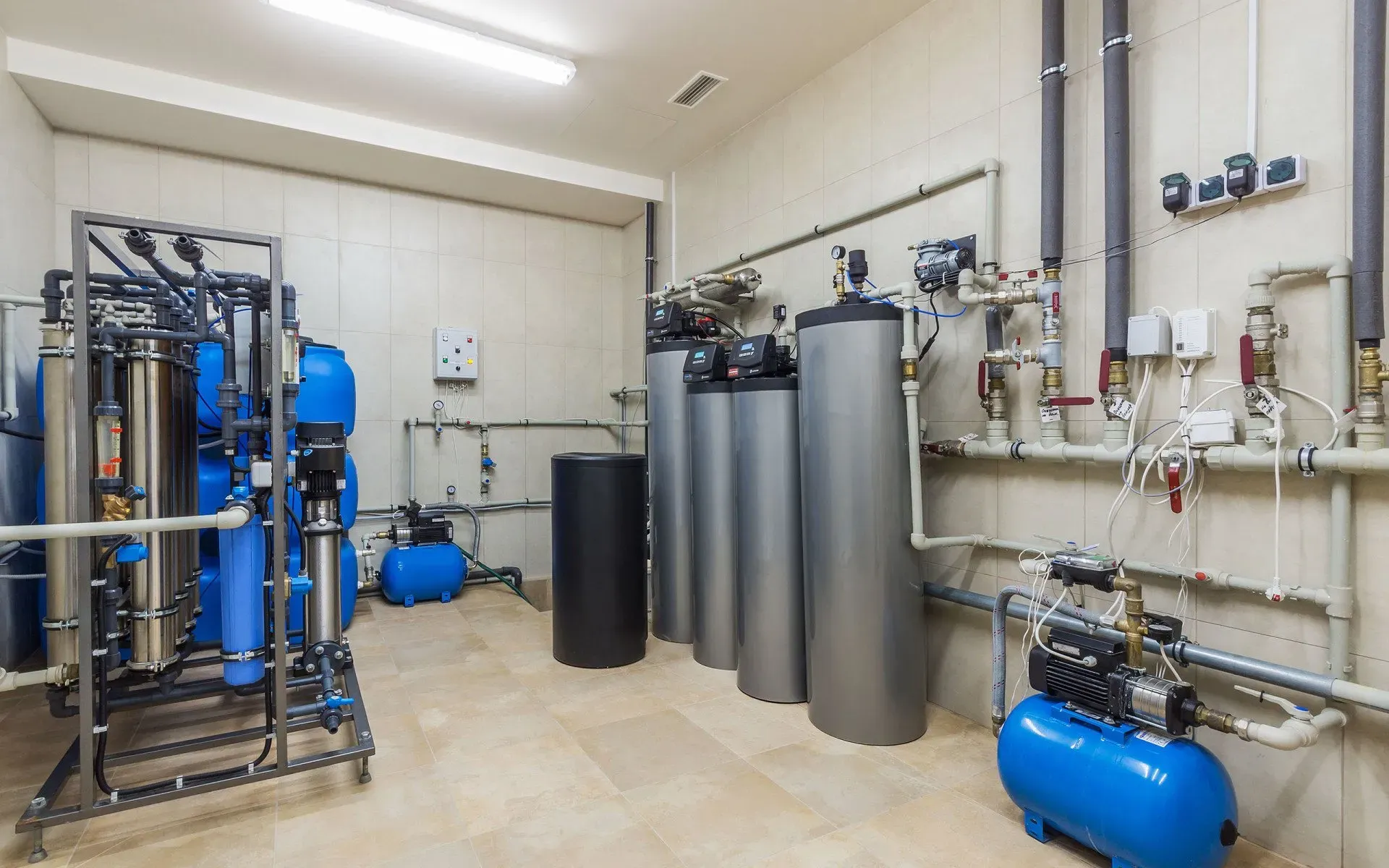
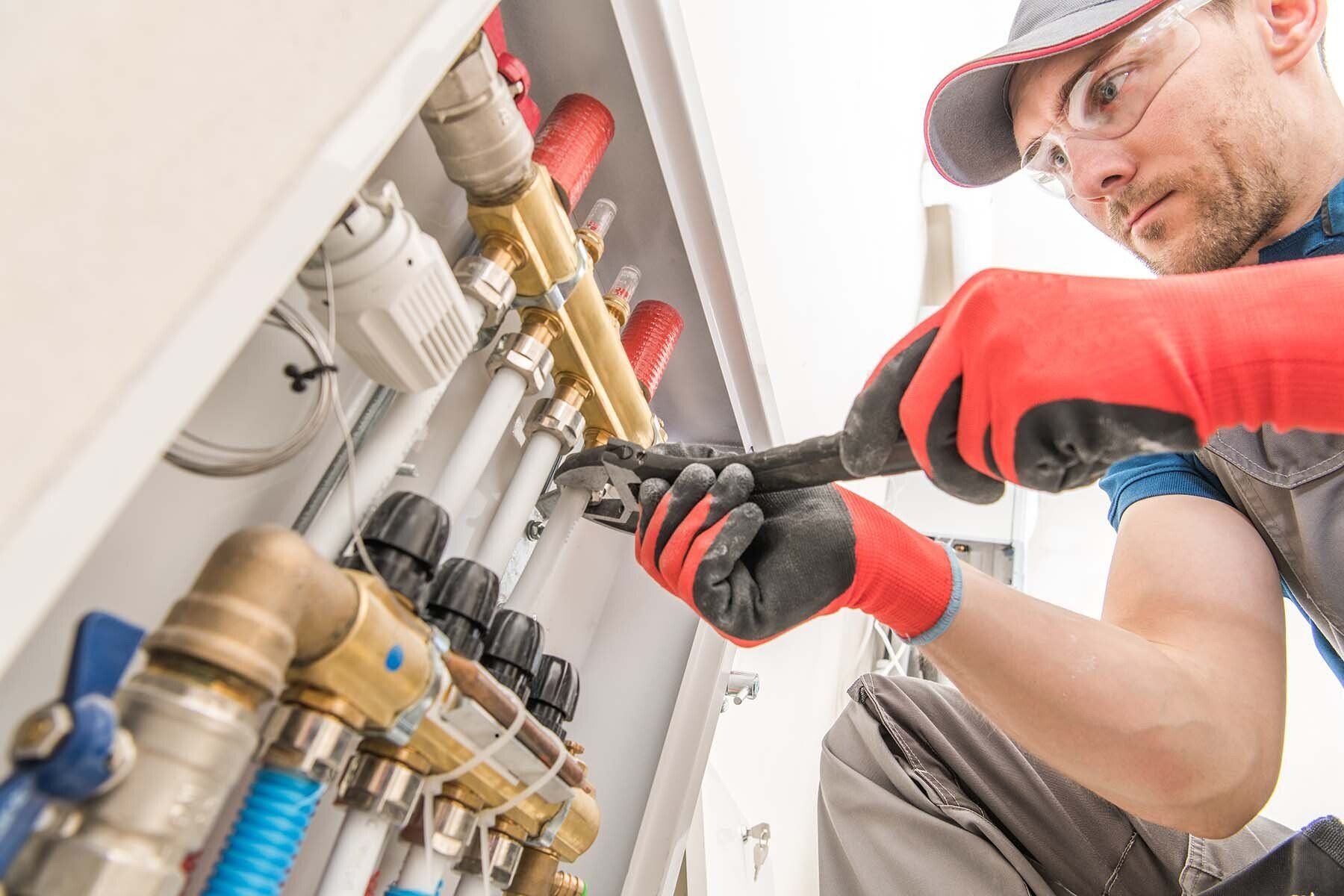
Book a Service Today
For more info on water softeners, water heaters and tankless water heaters Idaho Residents need, contact us today.
